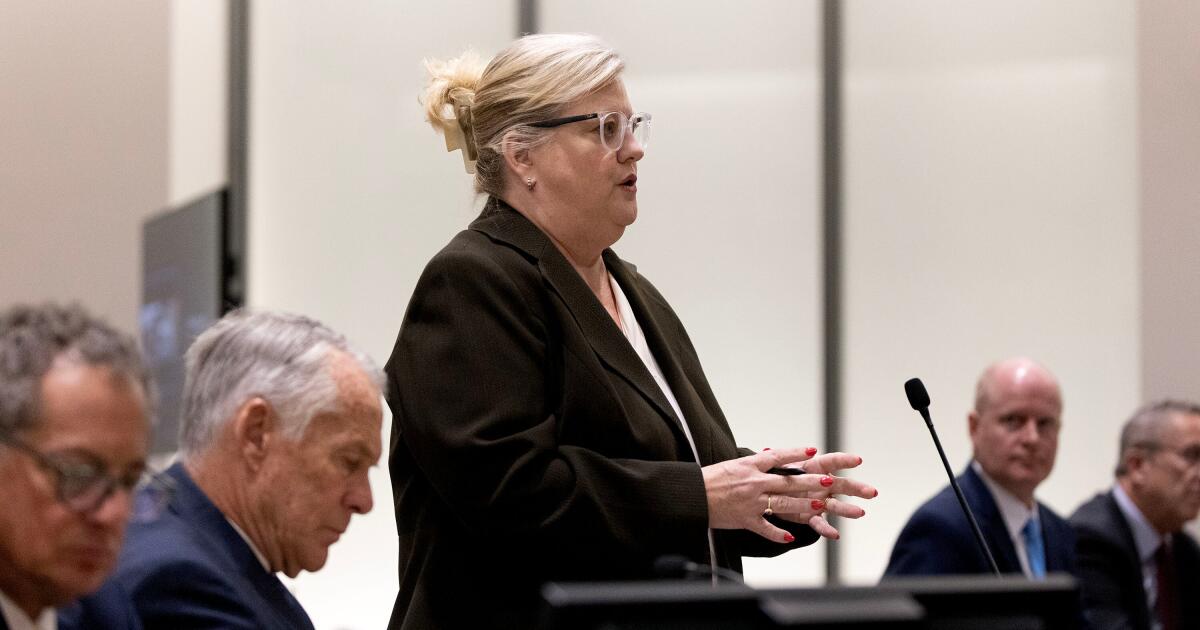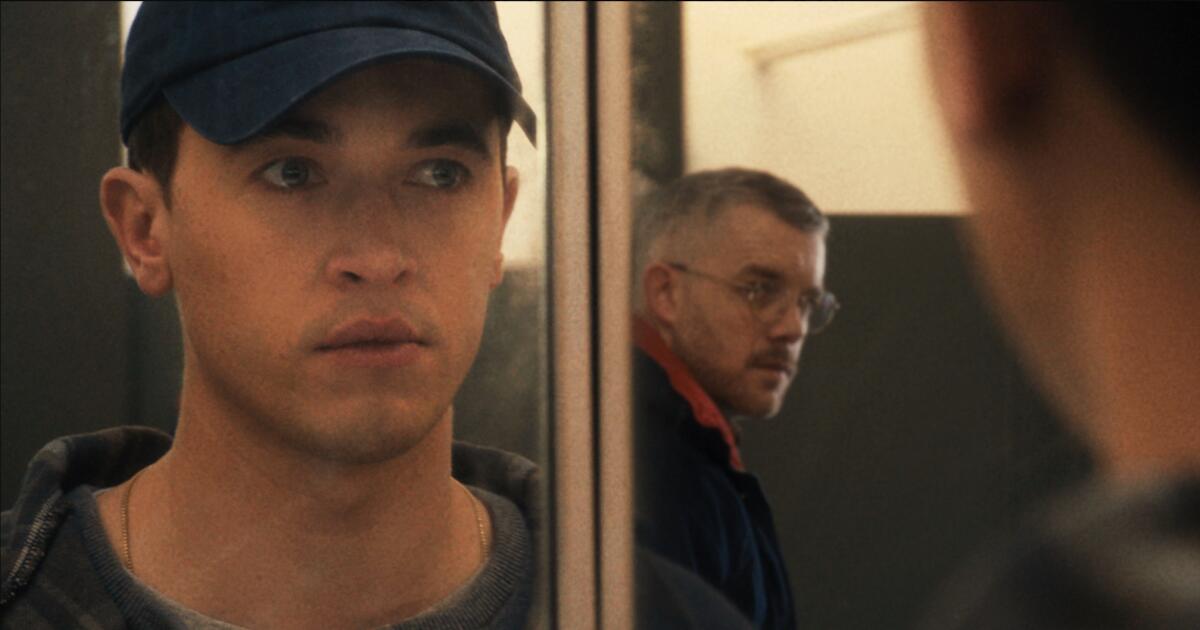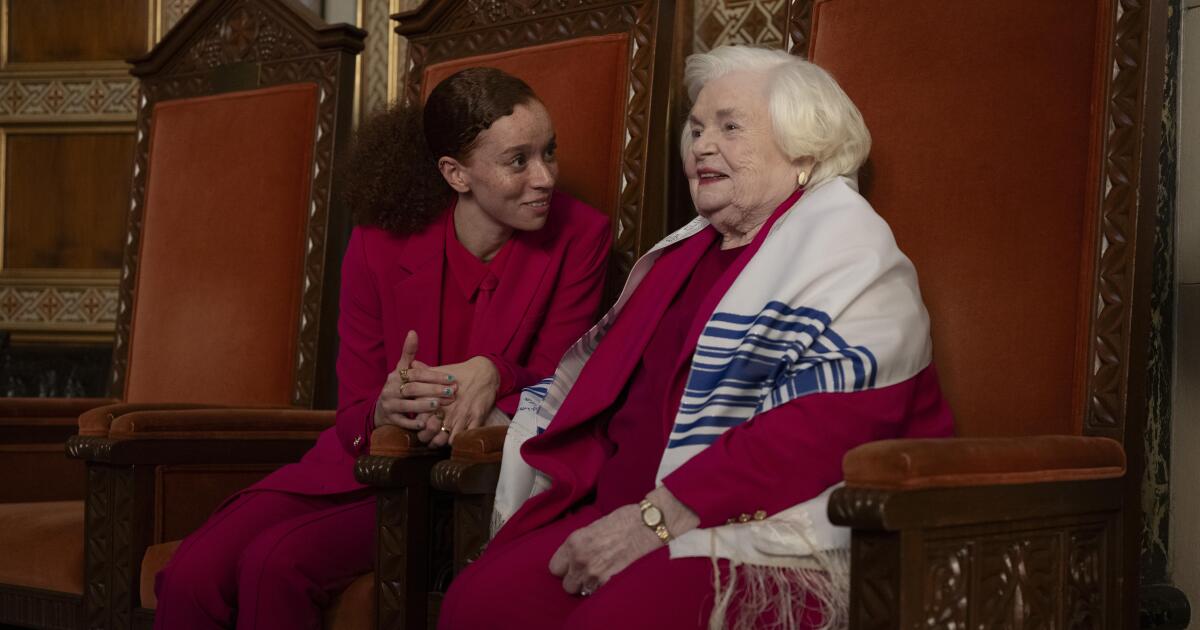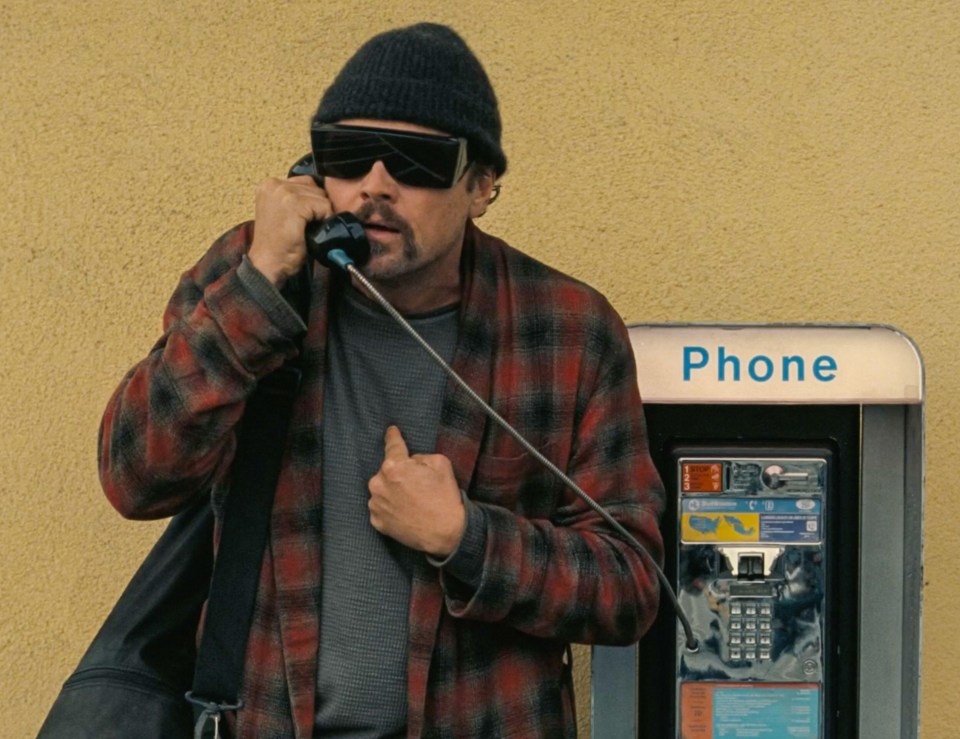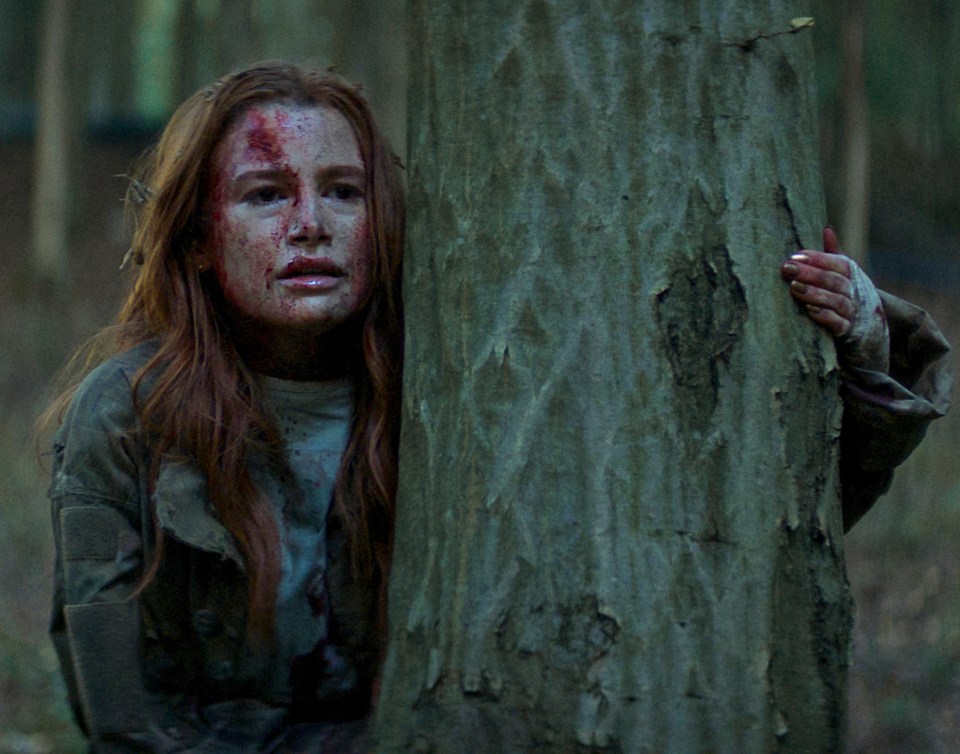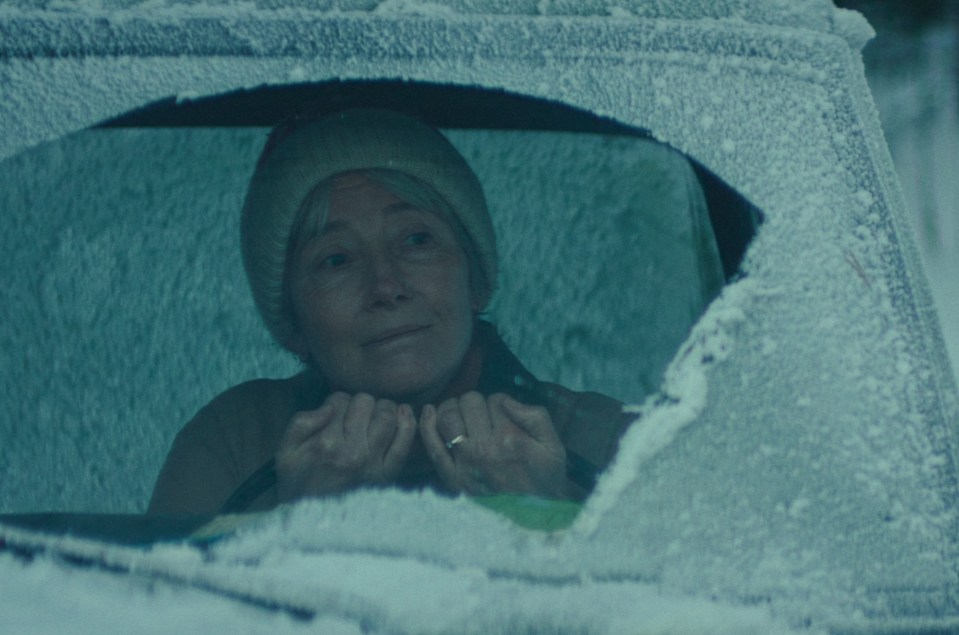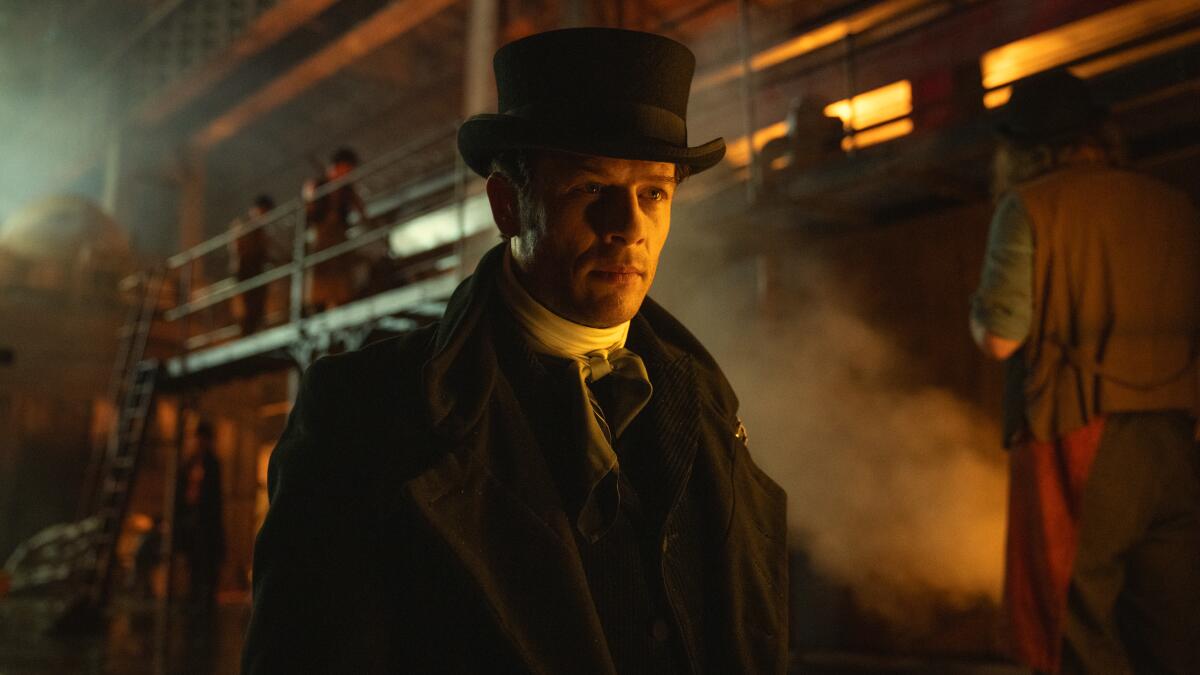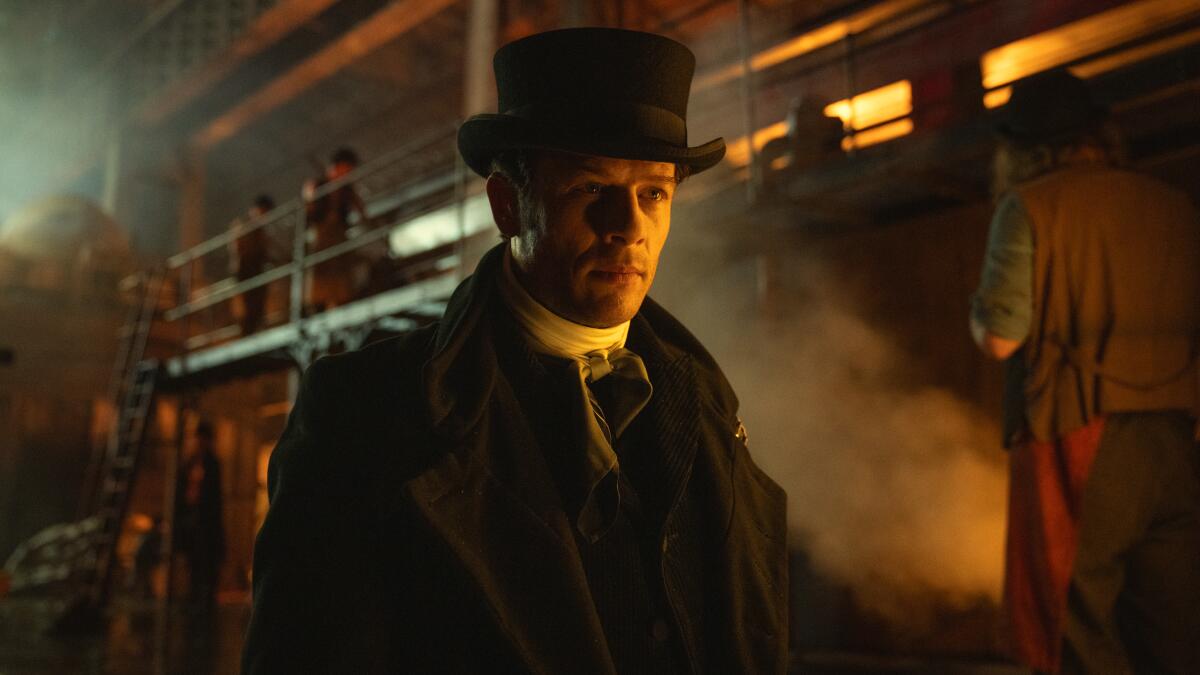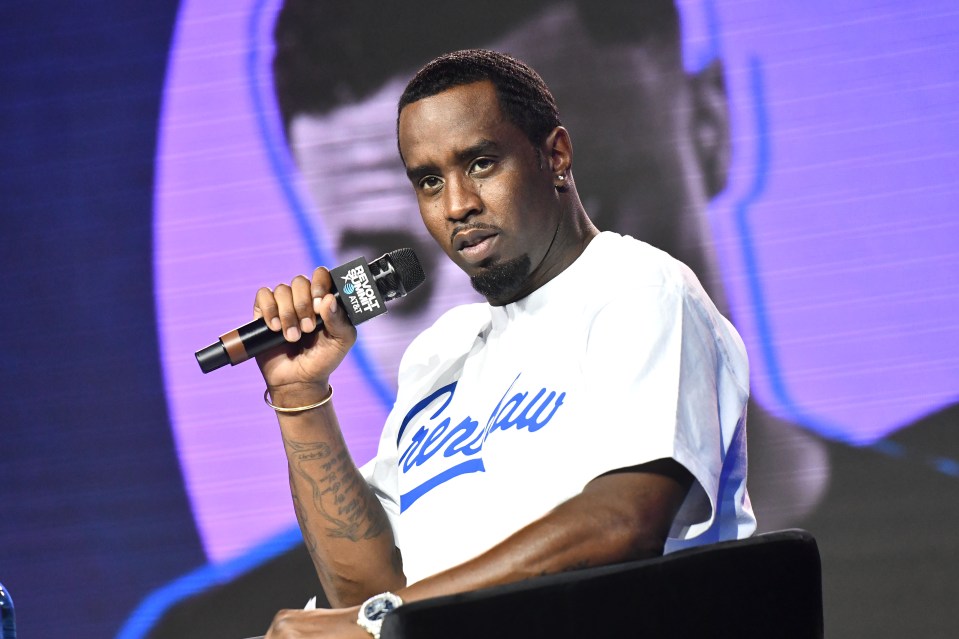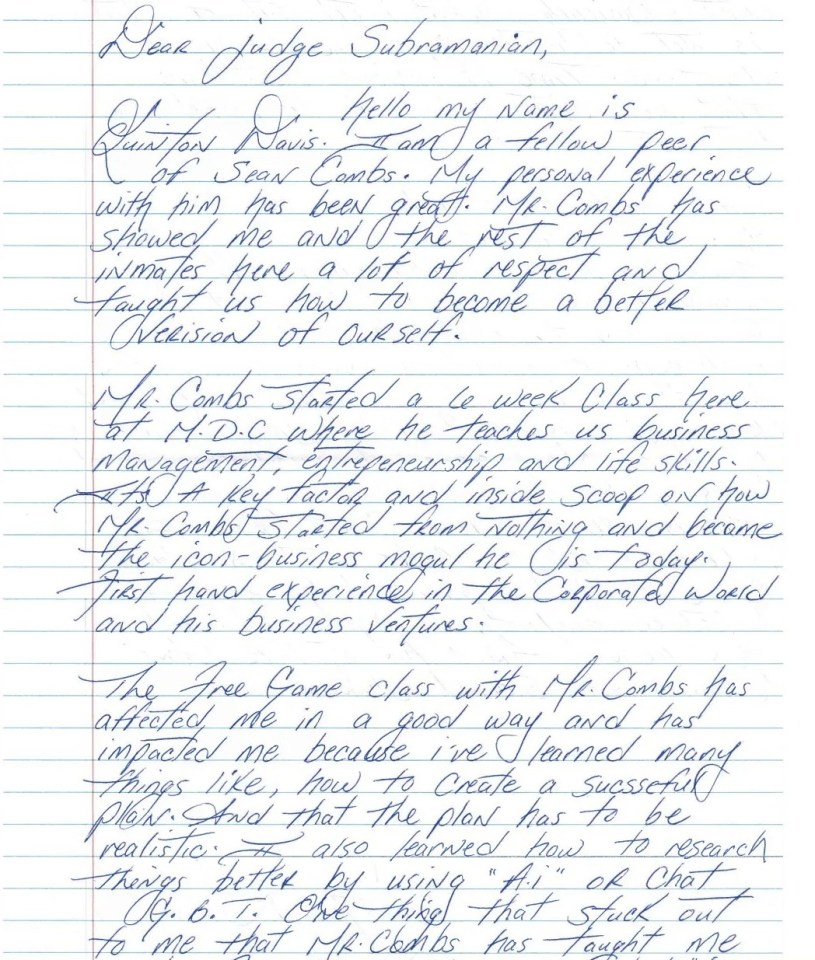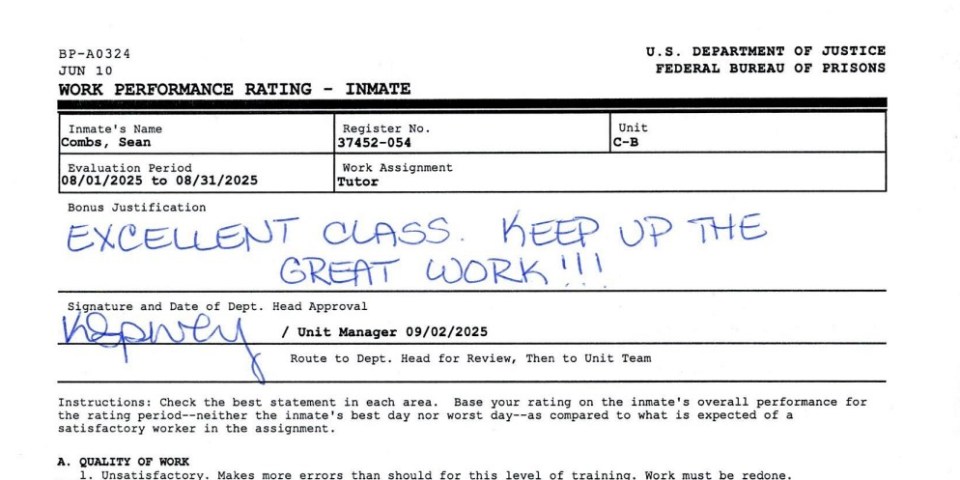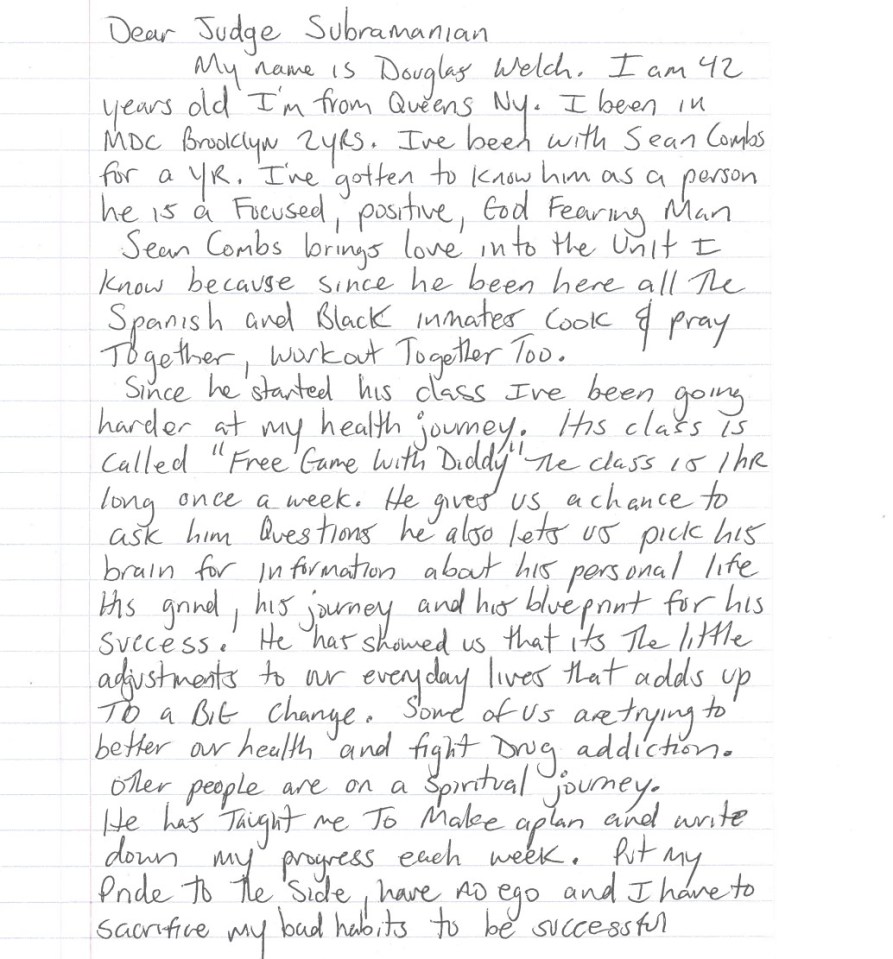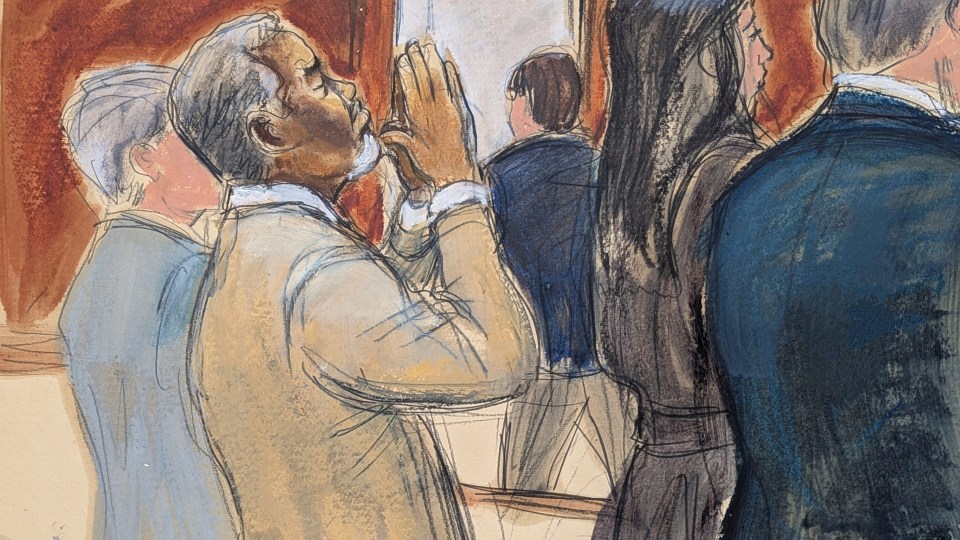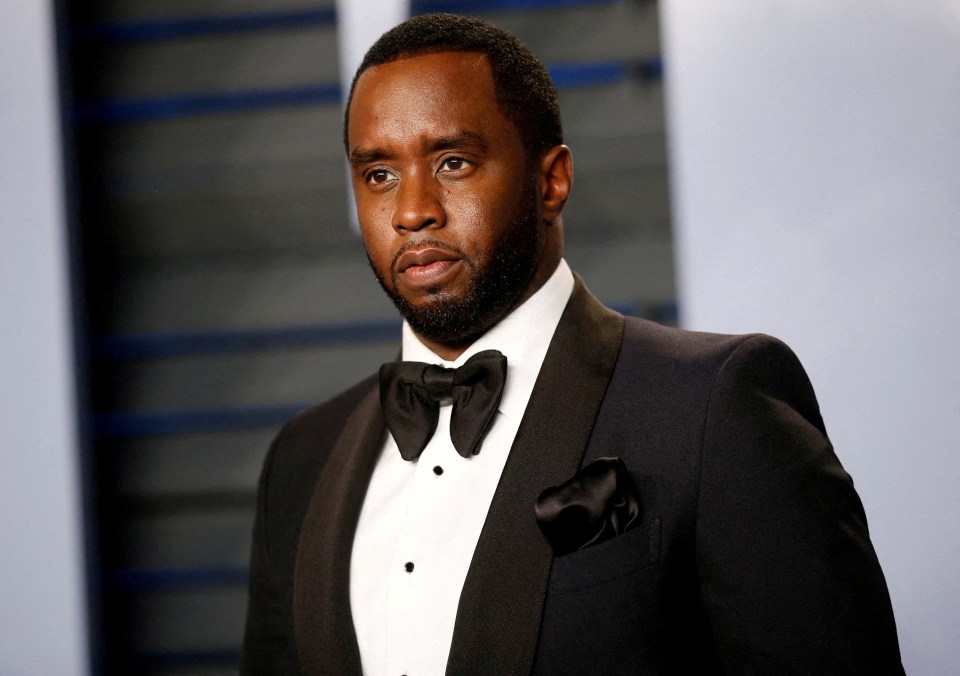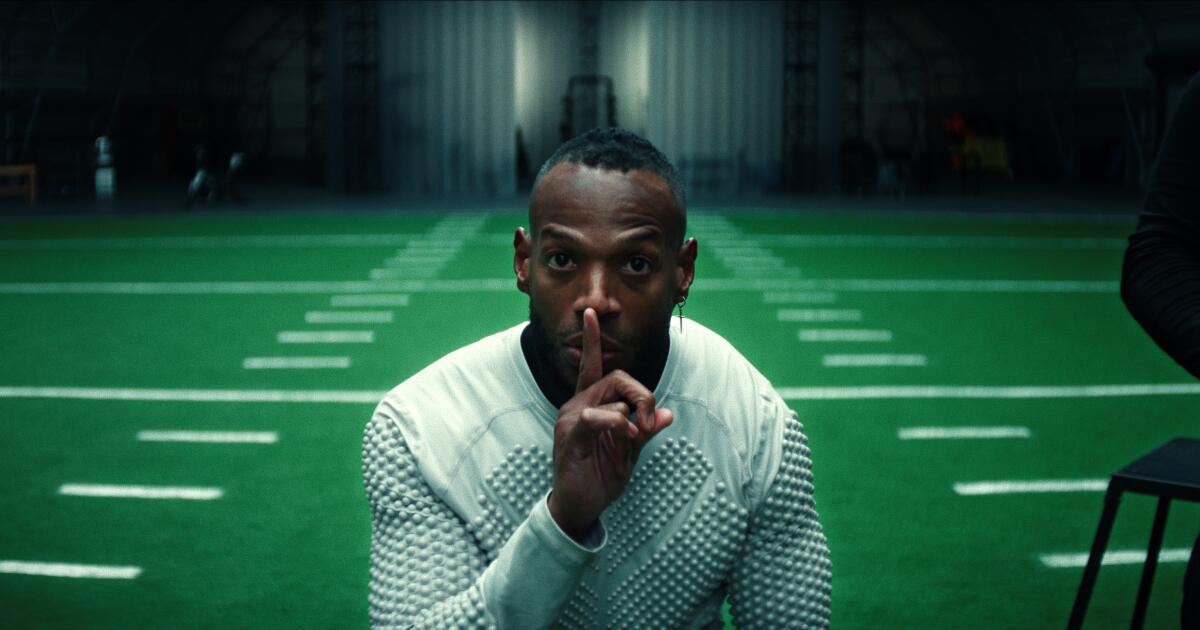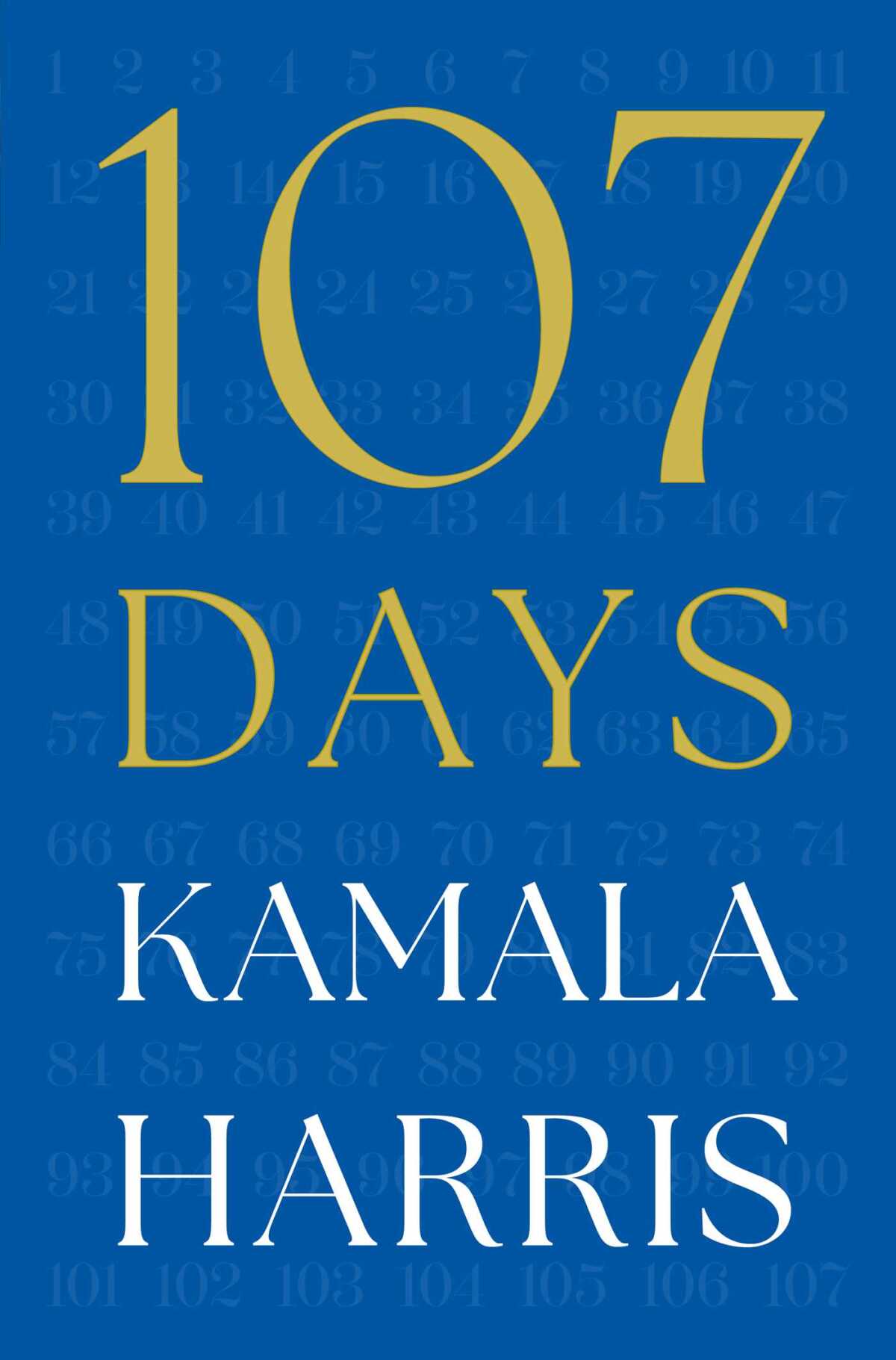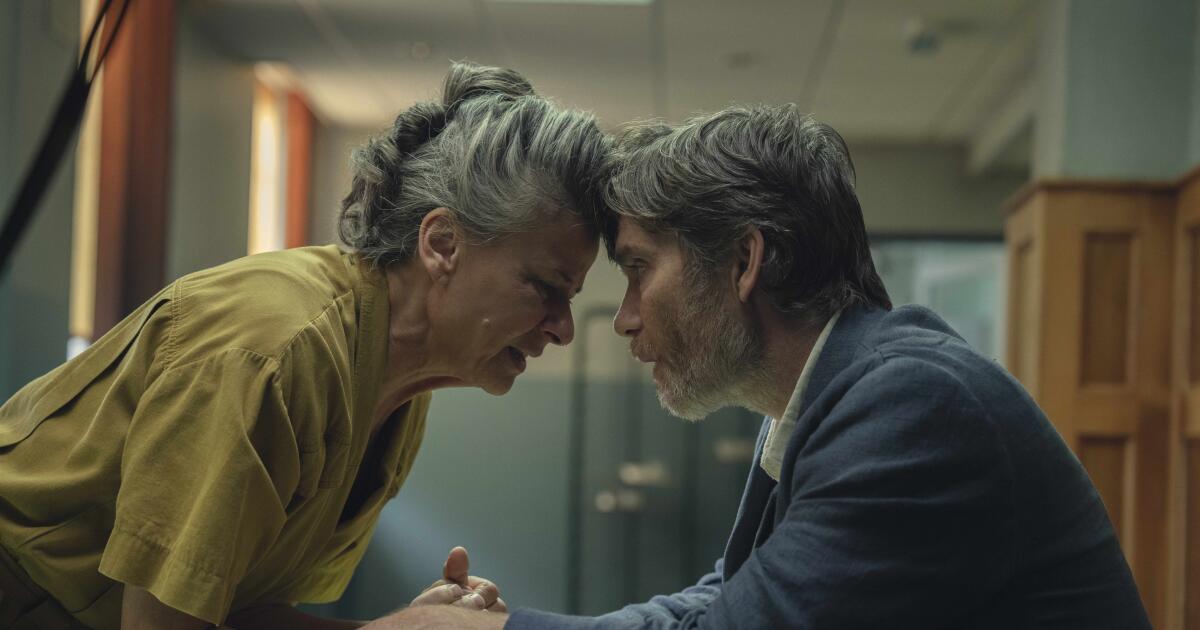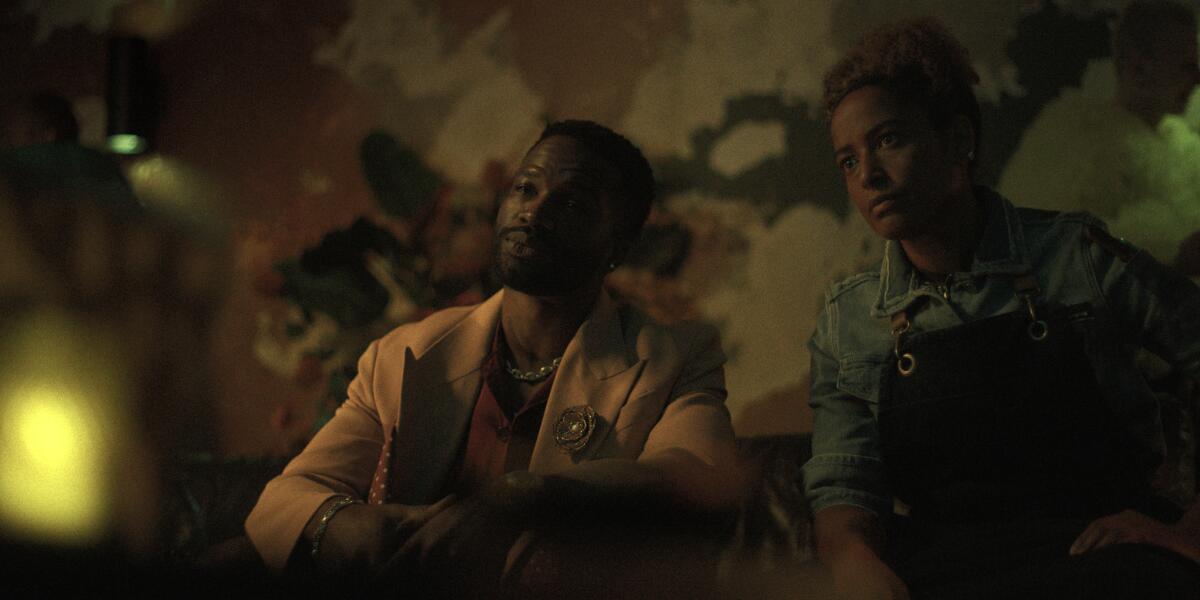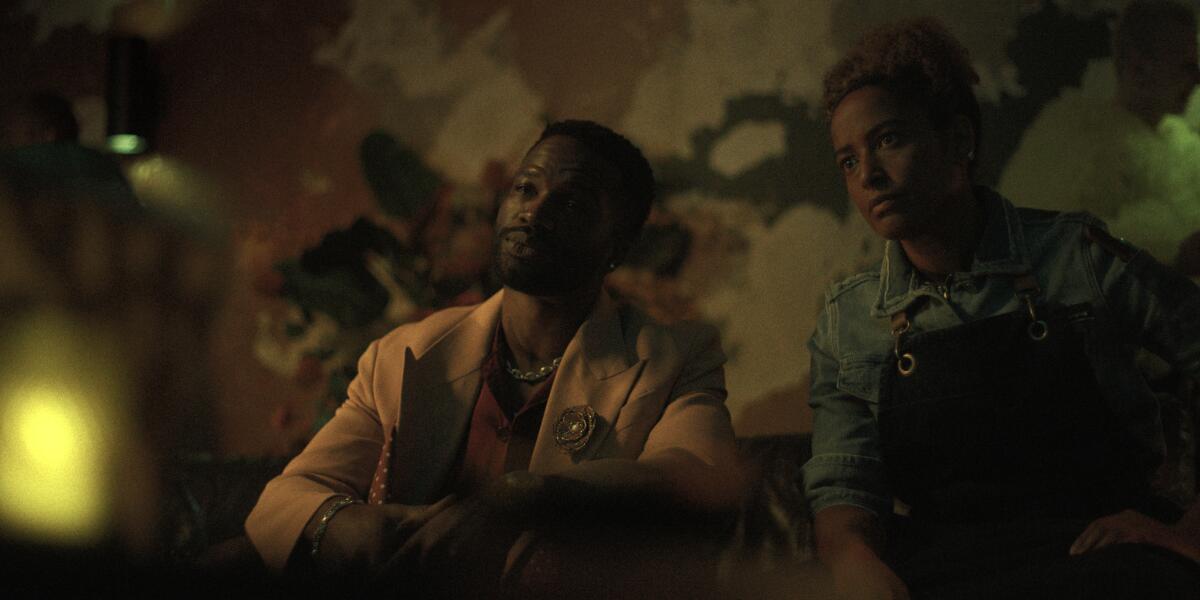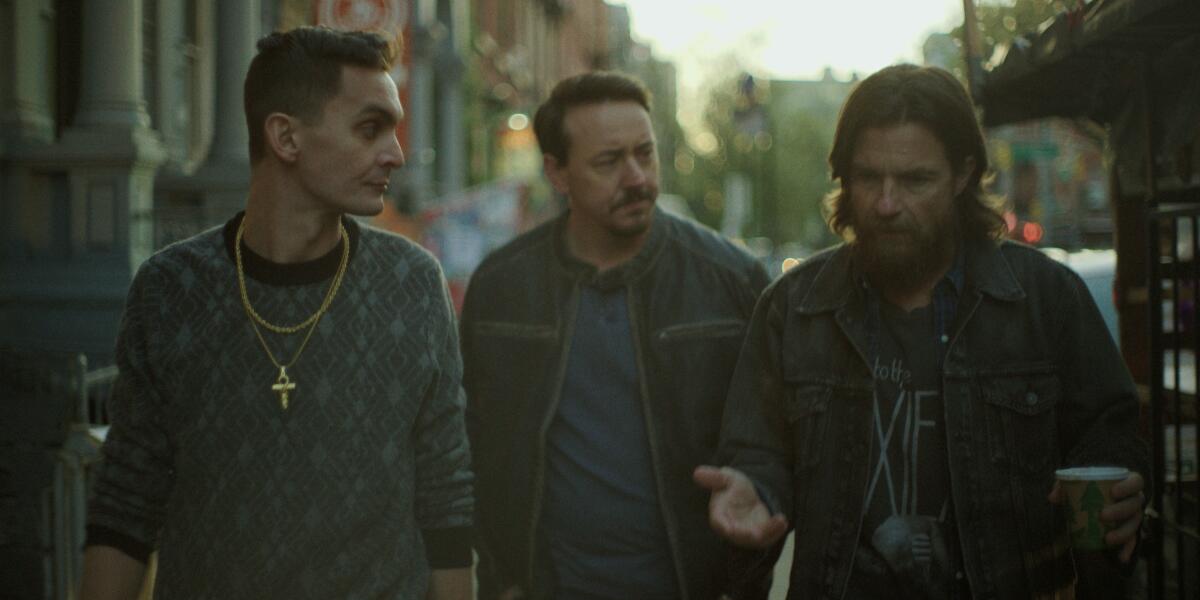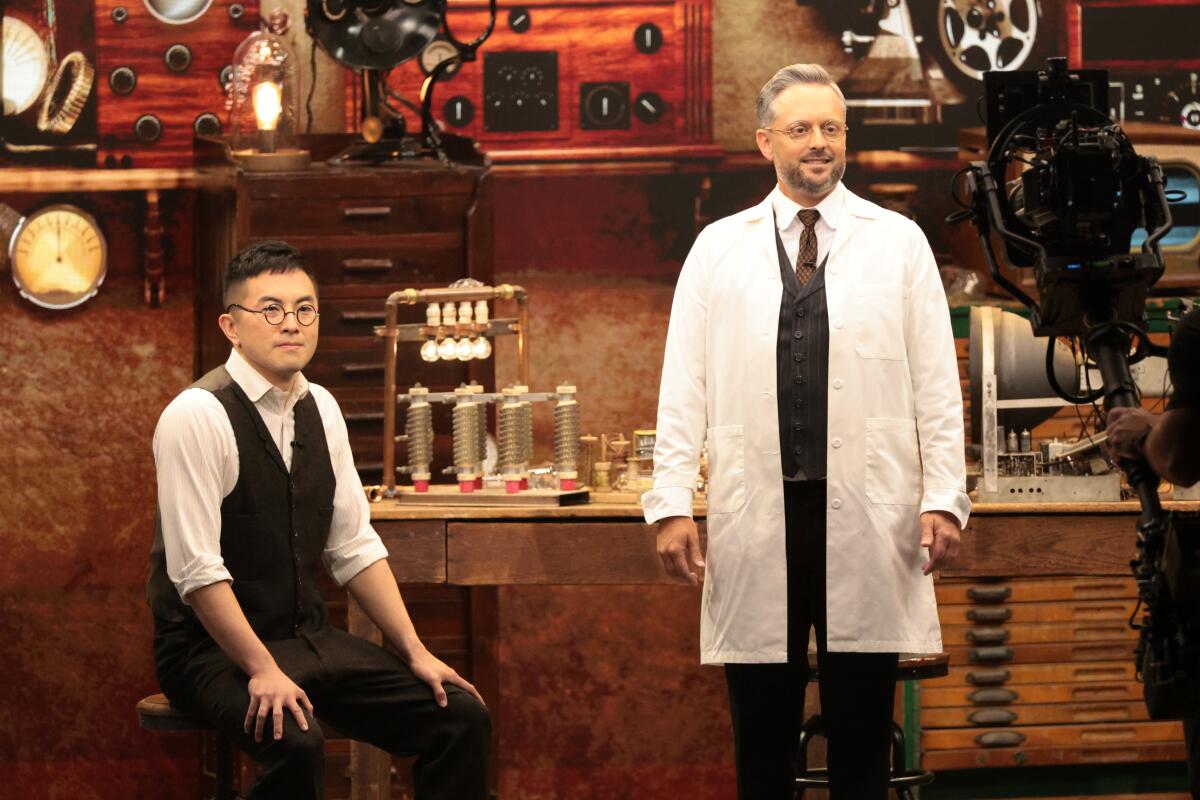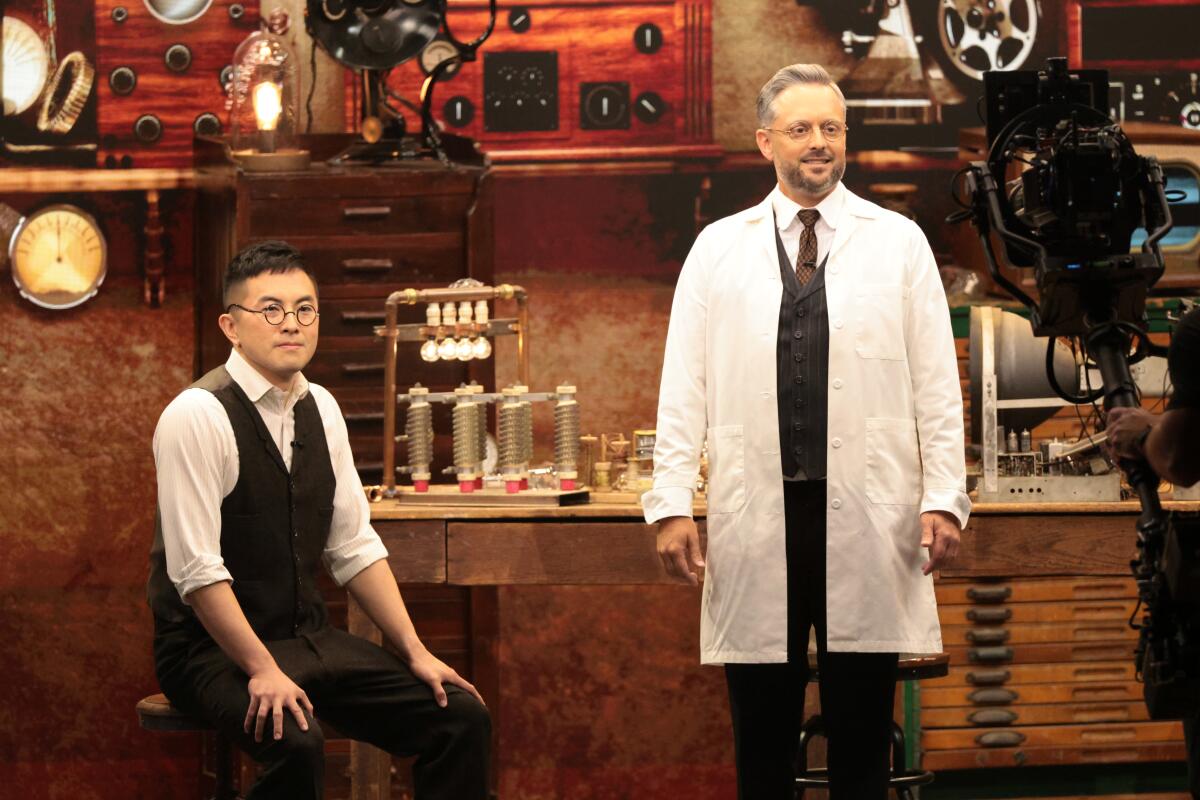Our writer discovered that there’s plenty to do at this spectacular Bahamas resort, a destination that’s been visited by celebrities and royalty alike
If you’re a James Bond fan, Paradise Island in the Bahamas should definitely be on your travel wish list — it was a location in 1965’s Thunderball starring Sean Connery and Daniel Craig’s Casino Royale, where he famously emerged from the sea in his swimming trunks. It’s also home to the ocean-themed Atlantis resort, a stunning waterscape, casino and hotel that has been visited by the likes of Beyoncé, Cameron Diaz and Taylor Swift, as well as the Prince and Princess of Wales.
READ MORE: Kate Middleton’s go-to wellies just launched an unexpected autumn collaboration
READ MORE: Kate Middleton debuts her new high street suede ballet flats and they’re perfect for autumn
The rooms at Atlantis Paradise Island
After landing at Lynden Pindling International Airport, it’s a 30-minute drive along the coast of New Providence island to the Sir Sidney Poitier Bridge that takes you to Paradise Island.
Atlantis Paradise Island has more than 3,800 rooms spread over five hotels, each of which offers a different experience. The Cove, where Prince William and Kate stayed in the penthouse suite in 2022, is an all-suite, ultra- modern and achingly chic five-star tower that has a separate pool and beach for its residents.
There’s also The Reef, Harborside Resort and family-oriented The Coral, but we stayed at The Royal, the iconic pink-coloured pair of buildings closest to the casino, pools, water park and the restaurant and shopping area known as Marina Village. Our 15th-floor room was an oasis of calm, with a balcony and a view of the sea, palm trees and pools.
Atlantis’s Aquaventure water park
The jewel in the Atlantis crown has to be the Aquaventure water park and the surrounding marine life exhibits. We spent hours wandering through the caverns of the Dig, a themed aquarium featuring coral, jellyfish and tropical fish, and watching the sharks swimming above the Predator Tunnel. There’s also a dolphin habitat and a turtle hatching programme, part of Atlantis’s Blue Project to protect marine life.
Thrill-seekers will love the eight slides at the water park, entry to which is free for hotel guests. The Rapids River ride was a blast as we navigated the waters around the tropical gardens while trying not to fall out of inflatable tubes, while the Serpent Slide sent me on a corkscrew descent in the dark before taking me through a lagoon as bemused sharks swam past.
Those feeling extra brave can try out slides with names like The Abyss and The Surge, and there are also gentler options for younger kids, as well as 14 swimming pools.
The grounds include walking paths, a rope bridge and six beaches, where we dipped our toes in the clear warm water and watched the sun set behind a lone pine tree on the sand – the location for many a marriage proposal.
The food at Atlantis Paradise Island
There’s something for everyone at Atlantis, from foodies to fussy kids, but eating here isn’t cheap. The resort features celebrity chef restaurants including Fish by José Andrés, Nobu (William and Kate had sushi delivered to their suite from here) and Paranza by Michael White, but there are some cheaper options for breakfast, lunch and dinner.
As Atlantis is extremely popular with Americans (it’s less than an hour’s flight from Miami), the portions are American-sized at all of the 40-plus snack bars, cafés and restaurants dotted around the resort.
Most days we skipped lunch as we were still full from our breakfast from grab-and-go café Plato’s. In the evening, we enjoyed jerk chicken with fried plantains at Bahamian restaurant Bimini Road, indulged in delicious rib eye steaks at Seafire Steakhouse, and visited the prettiest Shake Shack you’ll ever see, with windows looking into the aquarium so you can watch the fish go by while you eat your cheeseburgers and fries.
Best of all, however, was Carmine’s, a budget-friendly Italian restaurant that serves food ‘family size’, with each dish suitable for three to four people to share. The friendly staff reassure newcomers that one plate of spaghetti bolognese really will feed their whole party (trust me, it will).
What to do in the Bahamas
If you can drag yourself away from Atlantis, it’s worth taking a quick trip by taxi over the bridge from Paradise Island to Nassau. Here, there’s plenty to explore, including 18th-century Fort Fincastle, which was built to protect the town from pirates and can be accessed from Queen’s Staircase, a walkway of 66 limestone steps named after Queen Victoria.
You’ll also find Ardastra Gardens – a small zoo and conservation centre that’s home to the national bird of the Bahamas, the flamingo. Then, head to the busy straw market and port, where you can sit and marvel at the huge cruise ships that dock for the day or take your own boat trip to Rose Island, where you can swim with the pigs.
How much does it cost to stay at Atlantis Paradise Island Bahamas?
Rooms at Atlantis Paradise Island’s The Coral start from approx £190 per night for a room that sleeps up to four adults. A luxury suite in The Cove costs from approx £340 per night. Prices vary depending on the time of year – November to March is the most expensive; June to late October tends to be cheaper. Follow Atlantis Paradise Island Bahamas on social media for the latest offers.
For other hotels on Paradise Island in the Bahamas, check out Expedia and Booking.com’s selections.
